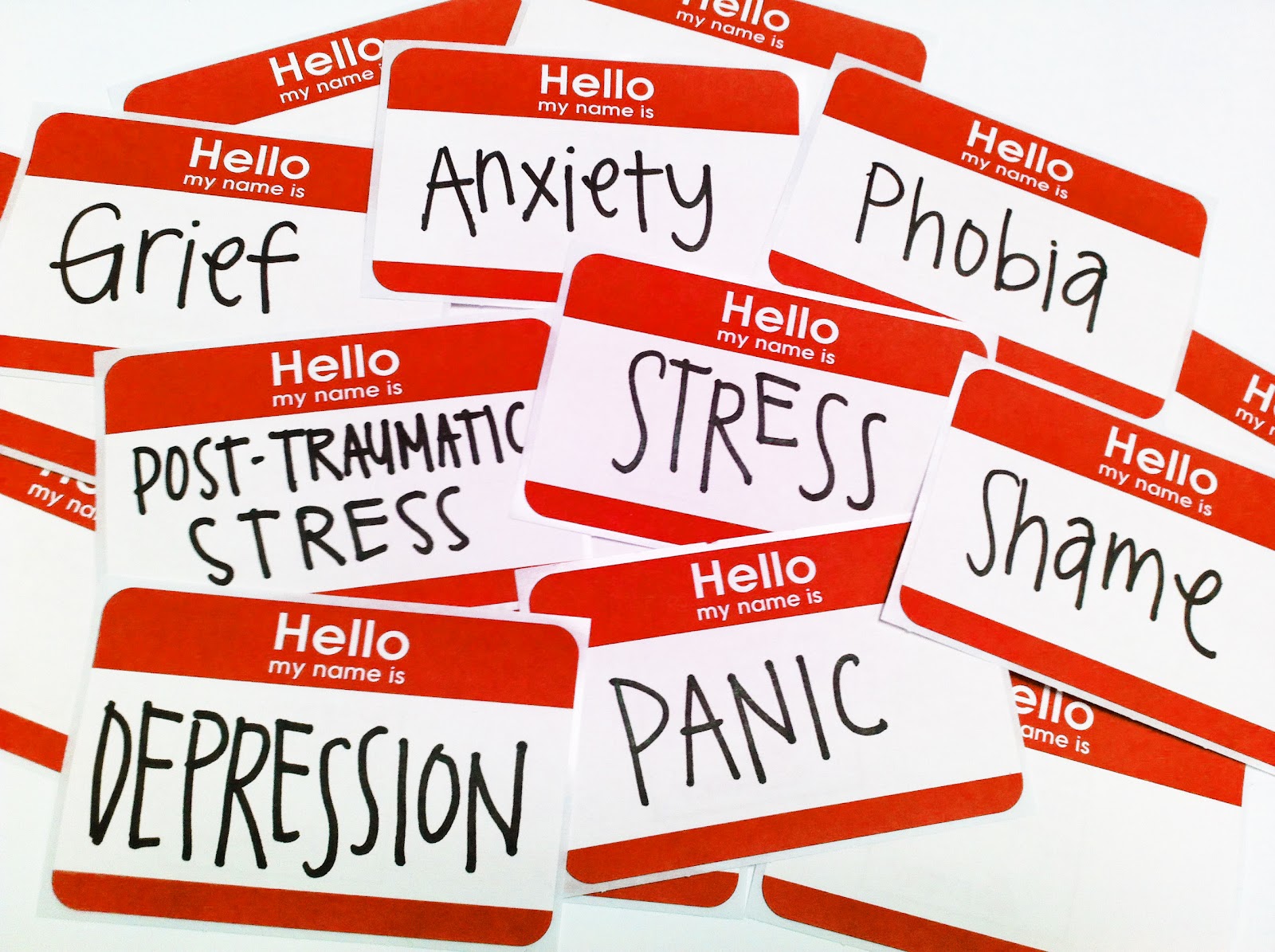Faculty and staff at Oklahoma Christian University are working to reverse a nationwide trend of high depression and anxiety rates among college students.
In a National College Health Assessment study of 125,000 students, one-third of respondents had difficulty functioning due to depression, and over half had experienced overwhelming anxiety over a one-year span. More than 30 percent of those studied who sought mental health services said they seriously considered suicide at some point.
“Those who have worked in counseling centers for the last decade have been consistently ringing a bell saying something is wrong, things are getting worse with regard to college student mental health,” Pennsylvania State University psychologist Ben Locke said in response to the study. “With this year’s report, we’re now able to say, ‘Yes, you’re right.’ These are really clear and concerning trends.”
The study noted an increase in college enrollment may be stressing university counseling and mental health services and causing higher rates of depression and anxiety. Four-year university enrollment increased by 32 percent from 2001 to 2011, the study said.
University counselor Brenda Gunter said the counseling center has responded to growing demand by hiring qualified graduate students.
“We try to do everything we can,” Gunter said. “We now have interns that are working on their masters-level counseling, and people who are working on their licensure. Before, it was just myself and the director, and it was a lot harder to get everyone in that needed to be seen.”
Although Gunter said difficult classes and new living environments can contribute to depression among college students, she said they are not always the main culprit.
“[Depression] can come from stressors, but it can also be due to the brain and how the brain works,” Gunter said. “It can also be how someone grew up in their household or if they’ve had trauma in their life.”
Senior and Assistant Residence Director Jeff Gruenbaum oversees the freshmen men living in Wilson and Fails Hall. According to Gruenbaum, freshmen are especially susceptible to depression due to increased pressure to succeed both academically and socially.
“They have no idea what it’s like to be put under this pressure to perform,” Gruenbaum said. “Students may also be trying to preserve friendships, or maybe they don’t fit into all the social circles, so they feel like an outcast and lonely. There are a lot of factors involved, and I think it’s especially prevalent in freshmen due to the changes.”
Gruenbaum said the Lighthouse Program—an initiative on campus designed to open communication between different departments if a student is struggling—makes Residence Life aware if a student may need assistance.
“They will notify us if their grades aren’t doing well or other things,” Gruenbaum said. “We have four [resident assistants] within the freshmen dorms who will check in on them and see why they’re struggling. It’s not usually one conversation, too. The RAs will check on them during room check and at other times.”
Gunter said students who are struggling with depression or anxiety should reach out to the counseling center via phone or email. The first counseling session for students is free, with additional appointments ranging in price from $10 to $25. The fees are significantly lower than outside counseling services and may be charged to student accounts, Gunter said.
“People sometimes view counseling as a negative thing or think you can pray about it and it will all go away,” Gunter said. “Prayer is wonderful and I truly believe it helps, but just like other illnesses, you sometimes need to do a little bit more to get the help that you need.”












[…] source, internet […]